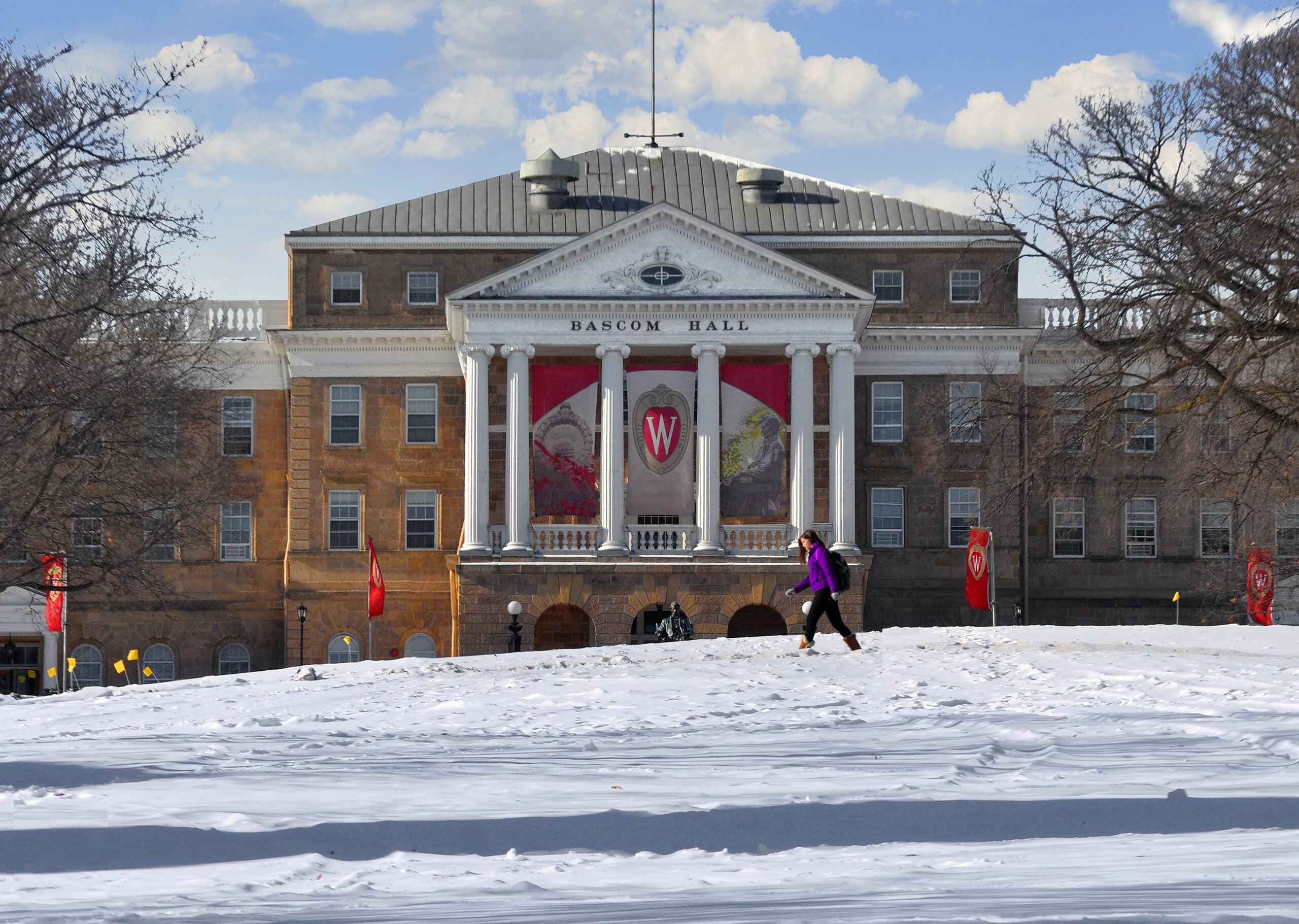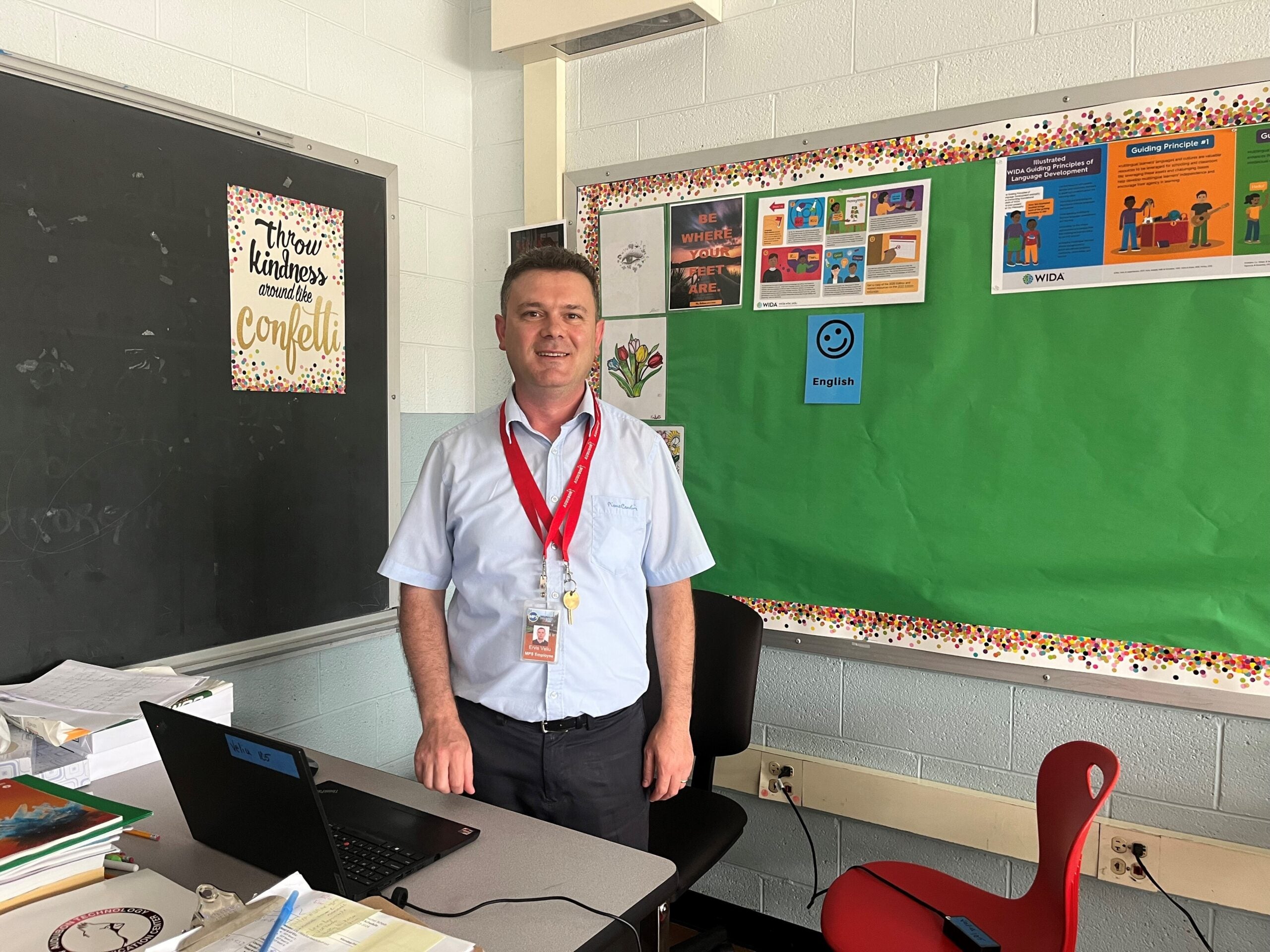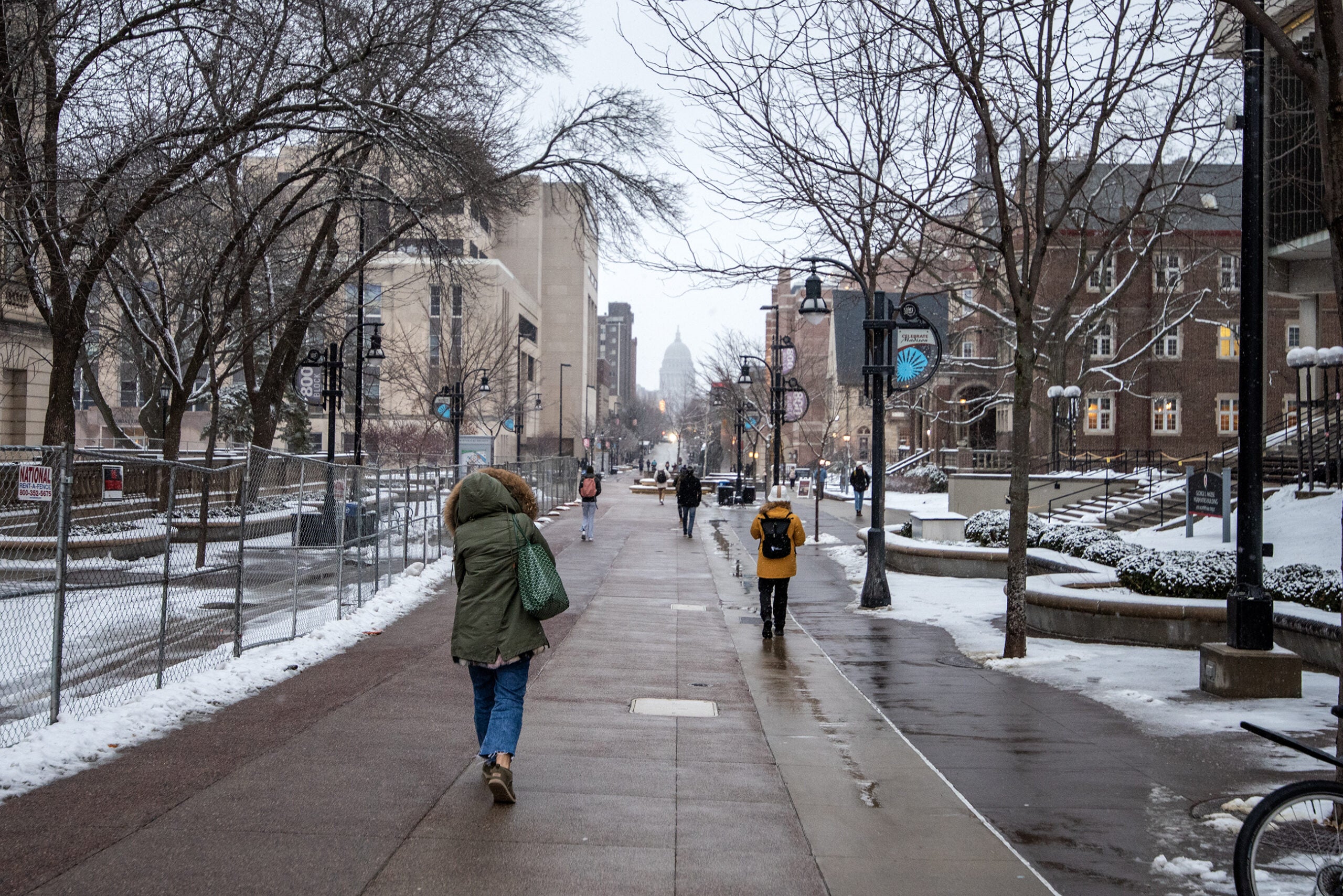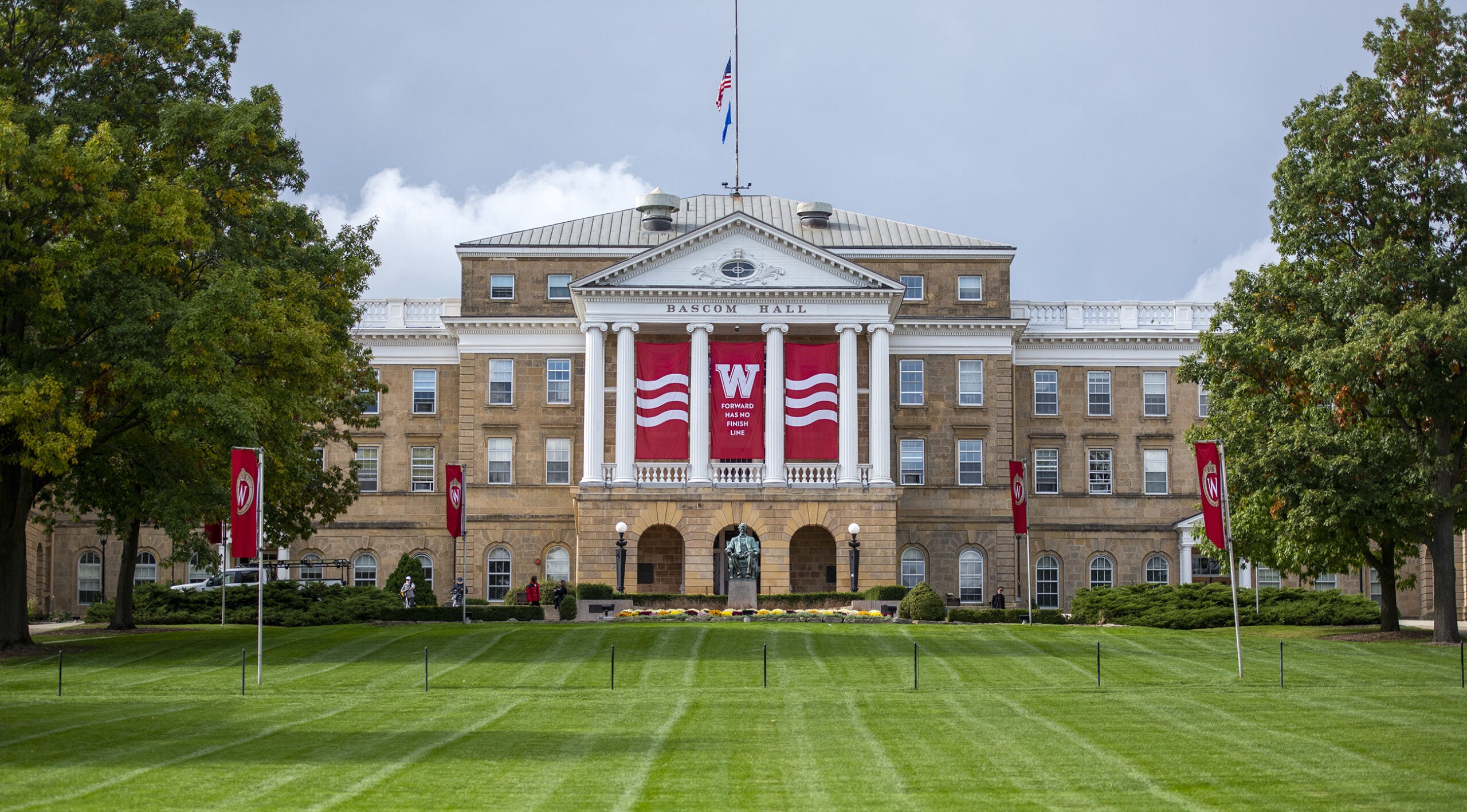Jose Franco has long dreamed of attending the University of Wisconsin–Madison.
He lives in Guatemala, and his aunt graduated from the university about 40 years ago.
“I always, as a kid, talked to her about that,” he said.
News with a little more humanity
WPR’s “Wisconsin Today” newsletter keeps you connected to the state you love without feeling overwhelmed. No paywall. No agenda. No corporate filter.
Franco has a bachelor’s degree in economics and wants to get a Ph.D. from one of UW-Madison’s programs to position himself as an expert in his field.
“I was considering applying for the 2026 cycle. However, things have changed since Donald Trump’s administration went into effect,” Franco said.
He’s visiting campus this spring. But Franco said he might hold off on applying due to both uncertainty around federal funding for graduate studies and concerns that the student visa process might become more difficult.
“There’s a lot of uncertainty regarding the visa status,” he said. “In particular, the Latino community outside the U.S. — it’s worried.”
Franco isn’t alone.
Director Samantha McCabe runs International Student Services at UW-Madison. She said international students are worried about a potential travel ban, their visas and federal funding uncertainty. She is concerned recent federal actions could ultimately shrink the international student population at UW-Madison.
She said uncertainty around visa wait times and the Trump administration moves to reduce embassy staff could dissuade international students from choosing to attend.
“There may be such long delays that it just turns students away,” McCabe said. “They don’t want to sign a lease here in Madison if they’re not going to get a visa to come to Madison.”
In fall 2024, nearly 8,000 international students were enrolled at UW-Madison, about half graduate and half undergraduate. They pay about $15,000 more in tuition each semester than Wisconsin residents.
International students are also hearing about the Trump administration pursuing deportation and visa revocation for some students who were active in pro-Palestinian protests at Columbia University in New York. Additionally, media reports warn the administration is also considering a travel ban, which could restrict travel for citizens of over 40 countries.
McCabe said international students are concerned and looking for clarity. Some asked her if they should travel outside of the U.S. over spring break.
“That still remains a personal choice for our students,” McCabe said. “Without knowing what the exact language is with the potential travel bans, it’s hard for us to be able to advise our students accurately and appropriately.”
Federal funding uncertainty
Delays and cuts to federal grants and research dollars that prospective graduate students rely on to fund their studies might also dissuade international students from coming to Wisconsin.
“As funding is stretched very thin that could certainly impact international students, especially at the graduate level,” McCabe said. “International students serve as teaching assistants, research assistants, project assistants that are in full or in part, potentially funded by federal funds.”
Overall, the changes could discourage international students from certain countries from attending U.S. programs, she said.
“If not in their home country, they may choose to go to Europe, to Canada, to Singapore, Malaysia, Australia,” McCabe said. “All of which have very great higher education systems and may have a more welcoming tone to international students.”
Having a smaller international student population would change UW-Madison, McCabe said.
“They are enriching our campus in visible and invisible ways,” she said. “They’re bringing different ideas, different cultures, different customs.”
International students also have an economic footprint in the state. During the 2023-24 academic year, international students contributed $541.3 million to Wisconsin’s economy through tuition and living expenses, according to NAFSA: Association of International Educators.
“I think that is kind of an invisible impact,” McCabe said.
She said international students aren’t attending school in Wisconsin to advance an agenda for their nation, but to learn and have an exchange with Wisconsin culture.
“In these challenging and quite honestly confusing times, it’s important to remember that our international students are humans,” she said. “They do not represent an entire country or political stance or broader population, they are individual students and should be treated as such.”
In Guatemala, Franco is still hopeful he can follow in his aunt’s footsteps, and attend UW-Madison.
“I hope that there will be more clarity in the future so that I can apply with greater confidence,” he said. “Because under these conditions it is very difficult.”
Wisconsin Public Radio, © Copyright 2025, Board of Regents of the University of Wisconsin System and Wisconsin Educational Communications Board.







